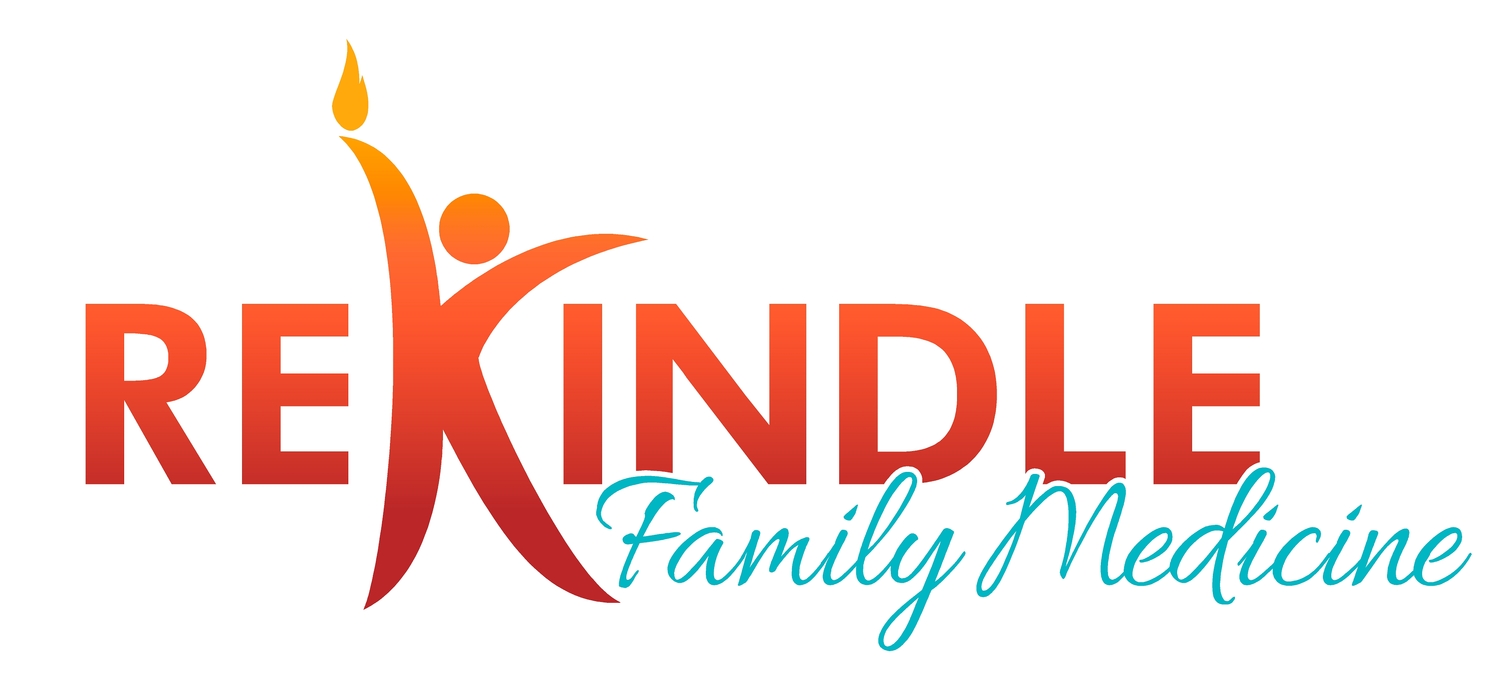4 Myths About Healthcare in 2016
Myth #1 - Healthcare is expensive.
Primary care is not actually expensive. The procedures, the visits, the time with patients does not have to be expensive. How we have warped the healthcare system IS. The Affordable Care Act (ACA) aka "Obamacare" was formed out of a desire to provide all Americans with access to affordable healthcare. And while that might seem a noble goal, the problem is that insurance companies have intervened to make precious few aspects of medical care affordable. Not to mention that prices are completely obscured to ensure that no competition succeed in the marketplace. Because of the addition of so many layers of third party companies, most of whom are not medical people, the cost of care is skyrocketing. Over 25% of healthcare costs are administrative! In Delaware for 2017, both major insurers (Aetna and Highmark Blue Cross Blue Shield) are asking for a 25-30% increase in premium prices. Insurance is expensive. Healthcare does not have to be.
Myth #2 - Doctors are greedy and don't care about patients.
My hunch is that doctors in most practices are simply too busy to care for patients well. Each and every doctor starts their career wanting to help people, to heal, and to serve patients. However, in the current system, doctors are spending more than half their days performing administrative tasks and making suggestions to insurance companies which ultimately decide what the patient can and can't have or do. As insurance reduces the amount of reimbursement per visit and per service, doctors are forced to see more and more patients to make ends meet. They are spending less time with each patient and more time on paperwork. This is not the way that they would like to practice, either, and it is burning physicians out at record rates. One of the biggest concerns I hear from patients are that their doctor is moving to concierge medicine and they think this is a greedy move to try to make more money. In fact this is more of a survival tactic for physicians to allow a way out so that they don't retire early or leave medicine all together. To address the upcoming "doctor shortage" physicians need to be empowered to love their job again to effectively provide excellent care to patients. Ultimately, patients benefit from this model and can save considerably money on labs, imaging and medications. Doctors generally make the same salary as they did in traditional practice but they are practicing in a sane, sustainable way which will allow them to continue caring for their populations for many more years.
Myth #3 - Employers don't care enough to provide good health benefits.
While it's true that most employers are cutting back medical benefits, this is most likely a refection of the impossibly increasing premiums than a desire to actually cut employee benefits. Until now, employers had few options except to pay the high prices or become self-insured. Now they have a third option which is Direct Primary Care. Employers of both small and large companies can couple Direct Primary Care with a high deductible plan which will save on monthly premiums, or even become partly self insured. Employers can provide health benefits to draw in and retain talented employees with deep loyalty to the business knowing that their health and wellness are a priority for their employer. There are health insurance brokers who can help. Please call us for details.
Myth #4 - Medications are expensive.
Some are. There are medications to treat Hepatitis C that cost $1000 per pill (for 12 weeks - $84,000 in total). This exact same medication is sold for 1% of that price to the rest of the world, which is an indictment of the drug companies to allow this. Prescriptions vary greatly from pharmacy to pharmacy and sometimes the cash price may be less than your co-pay for insurance. Generic drugs are a great alternative and often patients need to simply advocate for themselves and ask the doctor or pharmacist if there is a cheaper alternative. At Rekindle Family Medicine we have patients who have saved their entire monthly membership's cost in prescription savings alone!
Stay tuned for a future blog post to focus on specific cost saving examples.

